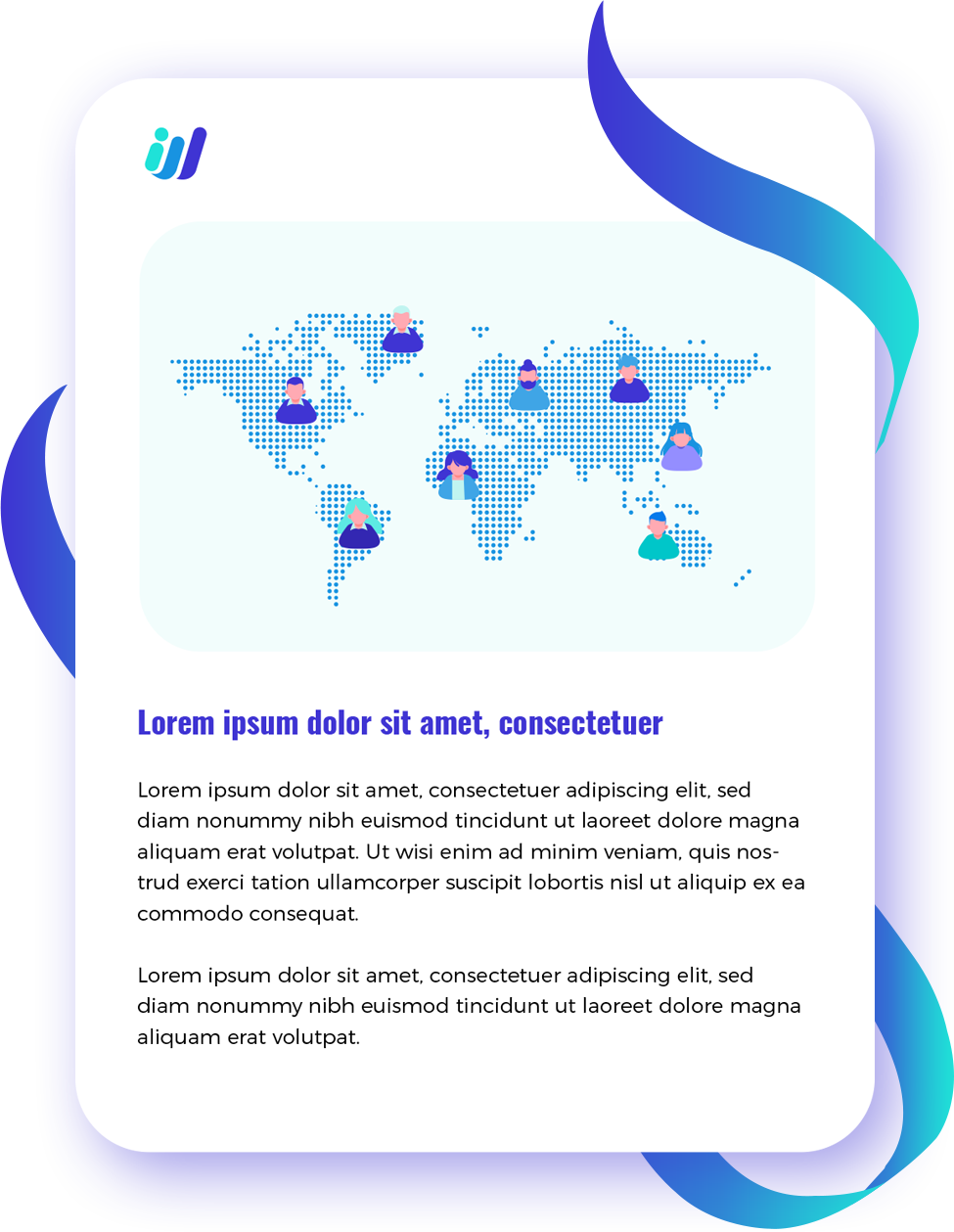In an increasingly interconnected world, businesses are perpetually searching for ways to refine their operations and enhance productivity. One of the most significant transformations in recent years has been the evolution of outsourcing. What was once a cost-cutting measure has now matured into a strategic tool for accessing global expertise. This evolution has ushered in what many are calling the “Third Wave” of outsourcing.
Understanding the Evolution of Outsourcing
To appreciate the significance of third wave outsourcing, it’s essential to understand its predecessors. The first wave of outsourcing, which began in the late 20th century, was primarily focused on cost reduction (McKinsey & Company, 2020). Companies outsourced tasks like manufacturing and back-office operations to countries with lower labor costs. The second wave emerged in the early 2000s, characterized by the outsourcing of complex IT services and business processes. This phase focused on efficiency and the ability to scale operations quickly.
The third wave, however, marks a paradigm shift. It is not about saving money or merely boosting efficiency. Instead, it centers on accessing specialized talent and expertise that may not be readily available in-house. This wave leverages the best minds around the globe, breaking geographical boundaries and creating a truly global talent pool.
The Rising Importance of Expertise
In today’s rapidly evolving business landscape, expertise is more critical than ever. With the advent of new technologies like artificial intelligence (IBM’s AI Overview), machine learning, and blockchain (TechCrunch, Blockchain Trends), the demand for specialized skills has skyrocketed. However, the supply of such skills often falls short, creating a significant talent gap.
This is where the third wave of outsourcing becomes invaluable. By tapping into global expertise, companies can bridge this talent gap and stay competitive. It allows businesses to leverage specialized skills and knowledge without the need for a permanent in-house team. This flexibility is crucial in a world where the pace of change is relentless.
How Third Wave Outsourcing Works
Third wave outsourcing is characterized by strategic partnerships with global experts. These partnerships are often facilitated by digital platforms that connect businesses with freelancers and specialized agencies worldwide. Unlike traditional outsourcing, which often involves lengthy contracts and rigid structures, third wave outsourcing is agile and dynamic.
- Access to Diverse Talent: Companies can access a diverse pool of talent across various domains. Whether it’s a blockchain developer from Estonia, a data scientist from India, or a UX designer from Brazil, the world is truly your oyster.
- Flexibility and Scalability: Businesses can scale their operations up or down based on their needs. This flexibility is particularly advantageous for startups and SMEs that need to remain agile.
- Innovation and Creativity: By collaborating with a global talent pool, companies can foster innovation and creativity. Different perspectives and cultural insights often lead to novel solutions and ideas.
- Cost-Effectiveness: While cost is not the primary driver, third wave outsourcing can still offer financial benefits. Companies save on overhead costs associated with hiring, training, and retaining full-time employees.
Overcoming Challenges
Despite its advantages, third wave outsourcing is not without challenges. Companies must navigate issues like communication barriers, time zone differences, and cultural nuances. However, with the right strategies, these challenges can be effectively managed.
- Clear Communication: Establishing clear and consistent communication channels is crucial. Regular updates, video calls, and collaborative tools can help bridge the communication gap.
- Cultural Sensitivity: Understanding and respecting cultural differences is vital for successful collaboration. Companies should foster an inclusive environment where diverse perspectives are valued.
- Time Zone Management: Time zone differences can be a double-edged sword. While they can lead to round-the-clock productivity, they also require careful management to ensure timely collaboration.
Real-World Success Stories
Several companies have successfully leveraged third wave outsourcing to their advantage. For instance, GitHub, a platform for software development, relies on a globally distributed workforce. By tapping into a diverse talent pool, they’ve been able to innovate rapidly and maintain their position as a leader in the tech industry.
Similarly, Automattic, the company behind WordPress, employs a remote-first approach. They have a team spread across numerous countries, allowing them to access a wide range of expertise and maintain a competitive edge.
The Future of Work
As third wave outsourcing continues to gain traction, it’s shaping the future of work. The traditional 9-to-5 office job is becoming less prevalent as more companies embrace remote and flexible work arrangements. This shift is not only beneficial for businesses but also for workers, who gain access to a broader range of opportunities.
Moreover, as technology continues to advance, the barriers to global collaboration will diminish further. Virtual reality and augmented reality may soon enable even more immersive and interactive remote work experiences. The future promises a world where geographical boundaries are virtually erased, and talent can be accessed from anywhere at any time.
Conclusion
Third wave outsourcing represents a significant shift in the way businesses operate. By focusing on global expertise rather than mere cost savings, companies can bridge the talent gap and remain competitive in a rapidly changing world. This approach not only enhances innovation and creativity but also fosters a more inclusive and diverse workforce.
As we move forward, embracing third wave outsourcing will be crucial for businesses looking to thrive in the global economy. By unlocking the potential of global expertise, companies can ensure they’re not just keeping pace with change, but leading the charge into the future.
Ready to dive deeper into how Third Wave Outsourcing can future proof your business strategy? Download our comprehensive ebook to explore the nuances of finding the best talent, building powerful partnerships, and leveraging this global shift for sustained success. The future of outsourcing is here. Are you prepared to embrace it?


